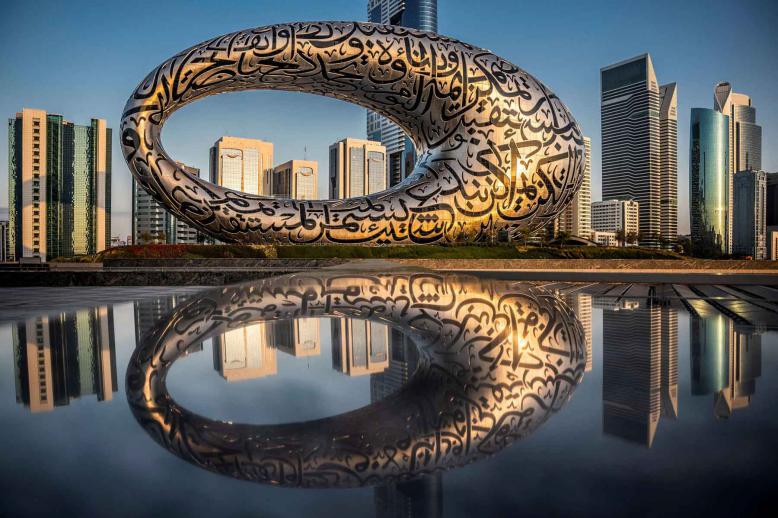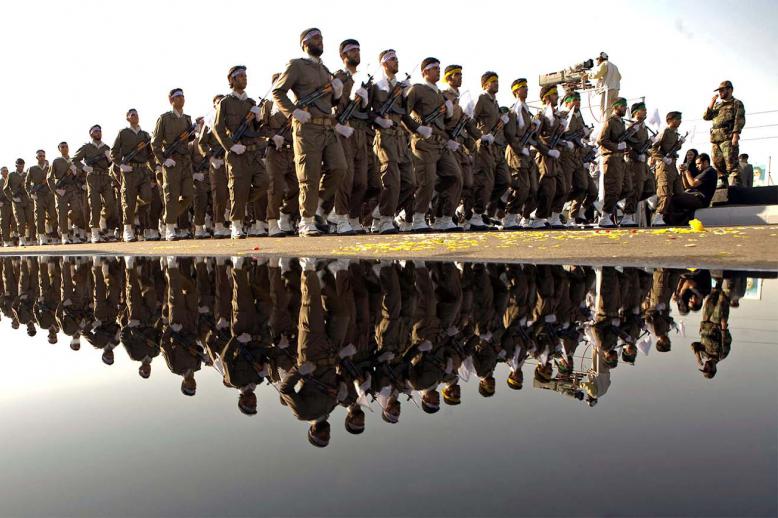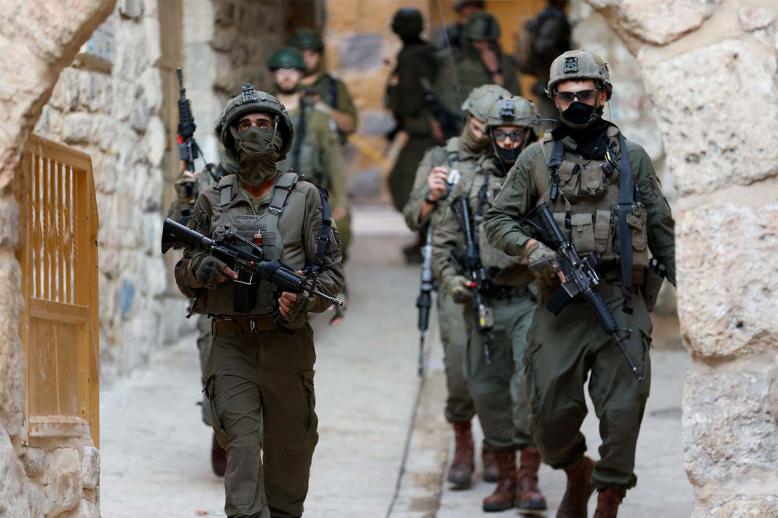No Clear Prospect for Getting out of the Sahel Quagmire
The Sahel belt of Africa, which separates North Africa from countries south of the Sahara Desert — Mauritania, Chad, Mali, Niger and Burkina Faso — remains very much off the international radar.
Soldiers die there virtually every week in what are often referred to as “mopping up” operations led by troops of the G5 group of countries that, under the military umbrella of France, is tasked with making this core region of north-western Africa safe from jihadi terrorism.
If the soldiers and officers killed are from a sub-Saharan country, their death usually goes unreported in the European media. If they are French, they will make it on French radio and TV news but not elsewhere in the European Union.
Four US special operations personnel were killed last October in western Niger. A report to the US Congress published soon after expressed concern about US military rules of engagement and force protection in what is a shadowy war with an unclear strategy and of which the American public knows nothing.
A small number of special Italian and British forces are deployed in Niger but all this is very hush-hush. Parliaments in Rome, Paris and London, let alone the US Congress, have never debated a cancer that is quietly metastasising across borders that are difficult to patrol, into Nigeria — which has its own Boko Haram problem — Cameroon and Cote d’Ivoire.
A series of attacks March 2 in Ouagadougou, Burkina Faso, illustrate the seriousness of this cancer spreading through the Sahel. The problem is fuelled by an ever-growing weapons trade originating in Libya, Sudan and the Cote d’Ivoire, described in detail in the 2016 report “Investigating cross-border weapons transfer in the Sahel” published by the Conflict Armament Research.
French President Emmanuel Macron, on a visit to Algiers in December, tried to break the deadlock between France and Algeria on how to handle the situation in Mali. This matters to the French president because Operation Barkhane, begun in August 2014 after January 2013’s Operation Serval, prevented the collapse of Mali and involved the deployment of French troops in the five aforementioned countries. Nearly half — 1,700 of 4,000 — of those soldiers are in Mali, by far France’s major military operation abroad.
The troops in Mali are centred in Gao but also operate out of two military bases further north 120km from the Algerian border. Quite apart from the cost of the operation, the reputation of the French Army is at stake. So is the broader security of a region as large as Europe where France has many economic interests, notably the mining of uranium at Arlit, Niger, which acts as a corridor for illegal immigration of Africans hoping for a better life in Europe. The region also boasts coltan, manganese, lithium and rare earths.
Last October, Chairman of the US Joint Chiefs of Staff Joseph Dunford said his services were convinced that Islamic State (ISIS) fighters, defeated in Syria and Iraq, were intent on moving to the Sahel. Hundreds — or thousands depending on the source — of ISIS soldiers are from Libya, Tunisia, Morocco and countries south of the Sahara.
Africacom, the US military command for Africa, has defined its mission in narrow security terms. Reducing long-standing social, economic and tribal conflicts hardly allows for a nuanced understanding of their complexity. If the problem is defined as a bed of nails, as the United States and France seem intent on defining it, the only answer is a hammer.
This explains why Algeria and France are at loggerheads over how to bring greater security to the Sahel. The French complain that the peace protocol signed in Algiers in 2015 between Mali and the Azawad, an unwieldy coalition of Tuareg, Arab and Peul groups, has never really worked.
The ceasefire is regularly broken as troops of the UN Multidimensional Integrated Stabilisation Mission in Mali (Minusma), the force that guarantees the security of Mali, are ambushed. Coordination between the forces that are fighting Azawad is problematic: They include Minusma, French troops operating in the framework of Barkhane, US special forces and the G5 set up under French authority.
This is a recipe for confusion because attackers surge from nowhere to occupy a village or a town for a few hours, kidnap or kill a Mali official and disappear into the bush or the desert. The attackers have perfected the art of the chameleon as they morph from Islamist terrorists to smugglers of people or weapons and drugs. Huge amounts of money offer a basic income to impoverished communities.
Macron insists Algeria should commit troops — the Algerian Army is 400,000 strong and very well equipped — and money. France is short of the $500 million needed every year to keep the G5 military operation running. It contributes $2.5 million to the operation and is heavily committed militarily in Africa, a continent that accounts for approximately $1.2 billion out of the $1.5 billion Paris spends on military operations overseas, the balance going to operations in Syria and Iraq.
A meeting February 23 in Brussels failed to raise additional finds for the G5 operation and those who participated did not commit to any multiyear programme, which means the French must spend much time every year drumming up international support for their policy.
It is surely of more than symbolic importance that a visit to the Mediterranean by Nikolai Petrov, the very influential secretary-general of the Russian Security Council, included Tel Aviv and Algiers. As it was not a coincidence that the Algerian Minister of Foreign Affairs Abdelkader Messahel recently visited Moscow.
Algeria has been adamant that international forces deployed in the Sahel be put under the command of the African Union, an organisation to which neither France nor the United States, belongs. Algeria will not commit troops outside its borders except to ensure its immediate security. Its troops have reportedly intervened in Tunisia with the agreement of the Tunisian government to help fight jihadist groups in 2012-17, well before the Europeans appreciated the threat to North Africa’s smallest country posed by the chaos in Libya. They are said to have crossed the border into Libya in the wake of the terrorist attack on the country’s gas field of Tiguentourine in January 2013.
However, senior Algerian security officials and diplomats hold firm to the argument that the challenges in the Sahel cannot be solved by using a hammer. They insist that it was the French-led and NATO-supported operation in Libya in 2011 that destroyed the Libyan Army, thousands of whose troops were long-standing Tuareg refugees from northern Mali and opened the floodgates of Muammar Qaddafi’s weapons dumps to terrorist groups.
In a speech to the Tunisian Assembly of the Representatives of the People in February, Macron conceded as much, criticising his predecessor, Nicolas Sarkozy, in no uncertain terms.
The policy of Algeria is complicated by another factor. Algerian President Abdelaziz Bouteflika has been dogged by ill-health for years. Despite being all but invisible to his people, he is considering standing for a fifth term next year.
While the key principles of Algerian security and foreign affairs are well-established, the battle that rages around his succession makes the country’s foreign policy decisions difficult to read for outsiders.
Francis Ghiles is an associate fellow at the Barcelona Centre for International Affairs.
Copyright ©2018 The Arab Weekly




